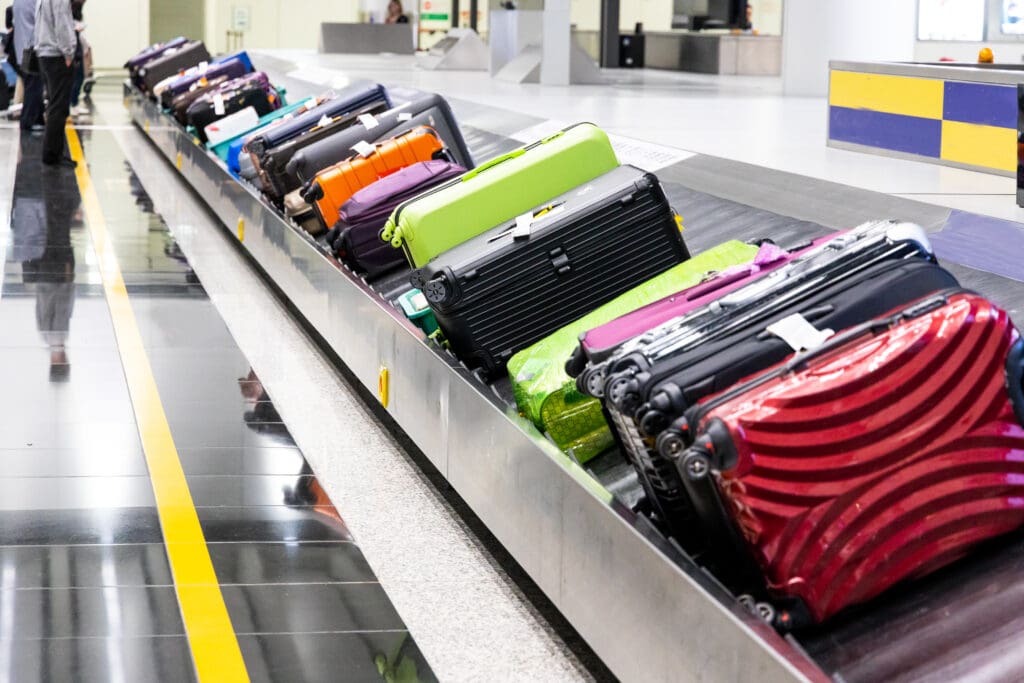Checked-in cabin baggage is going missing at an alarming rate – faster than one item every second, according to aviation data specialist SITA.
Globally, seven out of every 1,000 bags fail to travel with their owner, meaning that on any short-haul flight to the Mediterranean, at least one passenger is likely to arrive without their belongings.
For business travellers, the consequences can be more than inconvenient, they can be professionally disruptive. Fortunately, airlines are obliged to deliver lost luggage to your chosen address at no cost, as British Airways confirms: “As soon as we find your bag, we will return it to you at any address you choose at no charge, subject to local customs requirements.” In some cases, travellers may need to complete a customs declaration before the bag is released.
If you’re away on business and separated from your suitcase, you’re entitled to purchase essential items – such as toiletries and basic clothing – and claim reimbursement from the airline. Be warned: itemised receipts are mandatory, and airlines will scrutinise purchases to ensure they’re reasonable. A new suit for a job interview may be justifiable, designer gear for a beach day, less so. Lufthansa, notably, only reimburses 50% of clothing costs, arguing that the garments remain usable after the trip.
Should your bag remain missing for more than 21 days, it’s officially declared lost. Under the Montreal Convention, compensation is capped at 1,519 Special Drawing Rights – roughly £1,533. However, this maximum is only paid if you can prove the value of your contents. For high-value items, a comprehensive travel insurance policy is essential.
Interestingly, budget airlines are statistically less likely to lose luggage. Carriers like Ryanair and Wizz Air operate point-to-point flights and use smaller airports, reducing the risk of mishandling. Their incentive to avoid costly reunification efforts means they’re often more diligent in keeping bags and passengers together.
Mistaken identity at the carousel is another common issue. To avoid your bag being taken by someone else, make it distinctive, add a brightly coloured ribbon, a bold sticker, or a unique tag. If your bag is taken, ground staff may be able to contact the person responsible, but deliberate theft is harder to resolve.
To minimise risk, seasoned travellers recommend avoiding checked baggage altogether. British Airways allows two cabin bags weighing up to 23kg each, while Ryanair has recently increased the size of its free personal item by 20%. If you must check a bag, pack as though you’ll never see it again – keep essentials in your carry-on and avoid placing irreplaceable items in the hold.
Direct flights are another safeguard. Bags are most often lost at major hubs – London Heathrow, Paris CDG, Frankfurt, and others, so flying non-stop can reduce the risk.
Finally, consider placing a tracker inside your luggage. While it won’t guarantee recovery, it can offer peace of mind and help pinpoint your bag’s location – though access to it may still be restricted.


